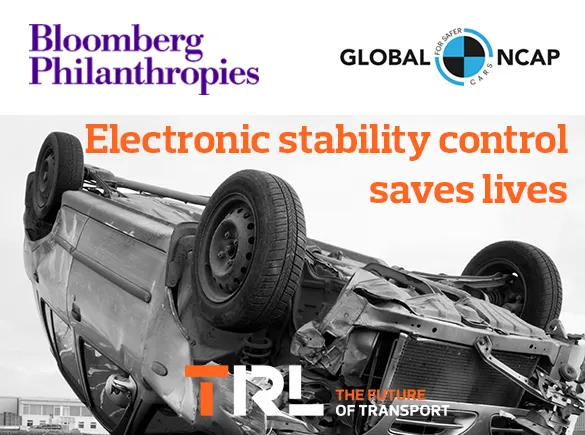British holidaymarkers were lucky to avoid being killed when an elephant unexpectedly attacked their car. The pair were visiting the Kruger National Park in South Africa when their VW Polo car was first rammed and then flipped onto its roof by the enraged male elephant. One of the elephant’s tusks pierced the door of the car, seriously injuring the woman passenger and she was taken to hospital after the attack. She recovered from the injury however and was later able to leave after treatment.
March 27, 2014
Read time: 2 mins
British holidaymarkers were lucky to avoid being killed when an elephant unexpectedly attacked their car. The pair were visiting the Kruger National Park in South Africa when their VW Polo car was first rammed and then flipped onto its roof by the enraged male elephant. One of the elephant’s tusks pierced the door of the car, seriously injuring the woman passenger and she was taken to hospital after the attack. She recovered from the injury however and was later able to leave after treatment. The elephant was later shot and killed by rangers as it was thought to present a possible danger to other park visitors. Elephant attacks on cars are comparatively rare in South Africa’s game parks but although vehicles are designed to protect occupants in the event of a crash, they are not designed to deflect elephant tusks.






